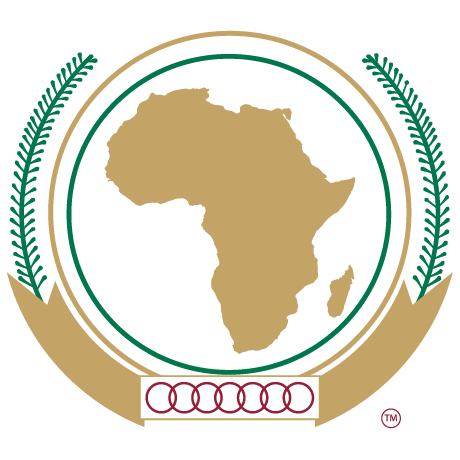AU Theme of the year 2025

Theme: “Justice for Africans and People of African Descent Through Reparations” The African Union (AU) has designated 2025 as the « Year of Justice for Africans and People of African Descent Through Reparations. » This initiative underscores the AU’s commitment to addressing historical injustices, including the trans-Atlantic slave trade, colonialism, apartheid, and genocide. It builds on decades of advocacy and collaboration, aiming to foster unity and establish mechanisms for reparatory justice on a global scale.
The Heads of States and Governments of the AU, at the 37th Ordinary Assembly of the Union held on 17th – 18th February 2024 in Addis Ababa, Ethiopia, decided pursuant to Assembly/AU/Dec.884(XXXVII) that the theme of the Year for 2025 will be ‘‘Justice for Africans and People of African Descent Through Reparations.’’ The theme of the year for 2025 on Reparations was a proposal from the Accra 2023 Reparations Conference. In the continuing pursuit of justice and equity, the conversation about reparations has emerged as a critical and transformative dialogue that requires the collective attention and action of Africans and all people of African descent. The scope of this conversation goes beyond historical injustices and into the current fabric of societies around the world. The complexities of addressing past wrongs, whether they stem from colonialism, trans-Atlantic enslavement, apartheid or systemic discrimination, necessitate a thorough examination and strategic approach.
Having Reparations for Africans and the People of African Descent offers the AU the opportunity to take leadership on the Africa Reparations Agenda, as well as bring together the African citizenry and the African diaspora to build a common and united front for the cause of justice and payment of reparations to Africans for historical crimes and mass atrocities committed against Africans and people of African Descent, including colonization, apartheid, and genocide. Additionally, reparations as the theme of the year will further drive momentum generated by the different initiatives and activities over the years, and for the Commission to promote an active AU-wide engagement on the subject of reparations, in close coordination with the AU Member States, RECs, AU Organs including ECOSOCC, the African Commission on Human and Peoples Rights, African Court on Human and People’s Rights, and the African Union Commission on International Law, the Pan African Parliament, African Committee of Experts on the Rights and Welfare of the Child, and the African Union Advisory Board Against Corruption, as well as the United Nations system and other relevant partners.
Finally, the theme of Year for 2025 on Reparations will support the operationalisation of the reparations for transatlantic-enslavement, colonialism and apartheid as a Flagship Programme of the Union.
Objectives
The objectives of the African Union (AU) Theme of the Year for 2025, titled “Justice for Africans and People of African Descent Through Reparations,” are outlined as follows:
- Strengthening AU Institutional Frameworks:
- Establish and operationalize key mechanisms, including a Committee of Experts on Reparations and an Africa Reparations Fund.
- Develop partnerships with the Caribbean Community (CARICOM) and the African Diaspora to enhance collaboration.
- Operationalizing Reparations as a Flagship Project:
- Convene strategic dialogues and develop a framework for implementing reparations and racial healing initiatives as a flagship project.
- Promote policy and legislative measures to ensure the project’s success.
- Developing an African Common Position:
- Create a unified stance on reparations, incorporating input from experts, member states, and relevant stakeholders.
- Mainstreaming Reparations into Development Policies:
- Equip member states and regional economic communities (RECs) to integrate reparations and racial healing into their strategies and programs.
- Promoting AU-Wide and Global Engagement:
- Organize global summits and dialogues to advocate for reparations.
- Enhance public awareness and research on reparations and racial healing.
- Establishing Knowledge and Research Centers:
- Set up a Center of Excellence for training and scholarships focused on reparations and racial healing.
- Launch educational programs like summer schools and grants.
- Building Multi-Stakeholder Partnerships:
- Strengthen collaboration between civil society, governments, religious organizations, and the diaspora to advance reparatory justice.
- Resource Mobilization:
- Secure sustainable funding through initiatives like the AU Global Fund on Reparations.
- Host high-level events to encourage investment in reparations and racial healing.





